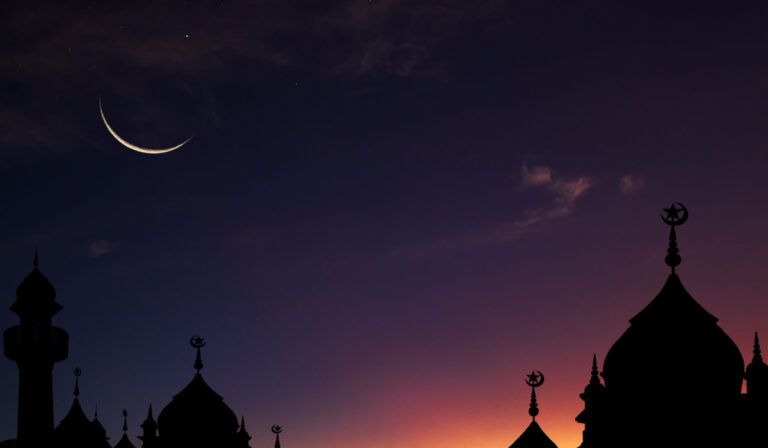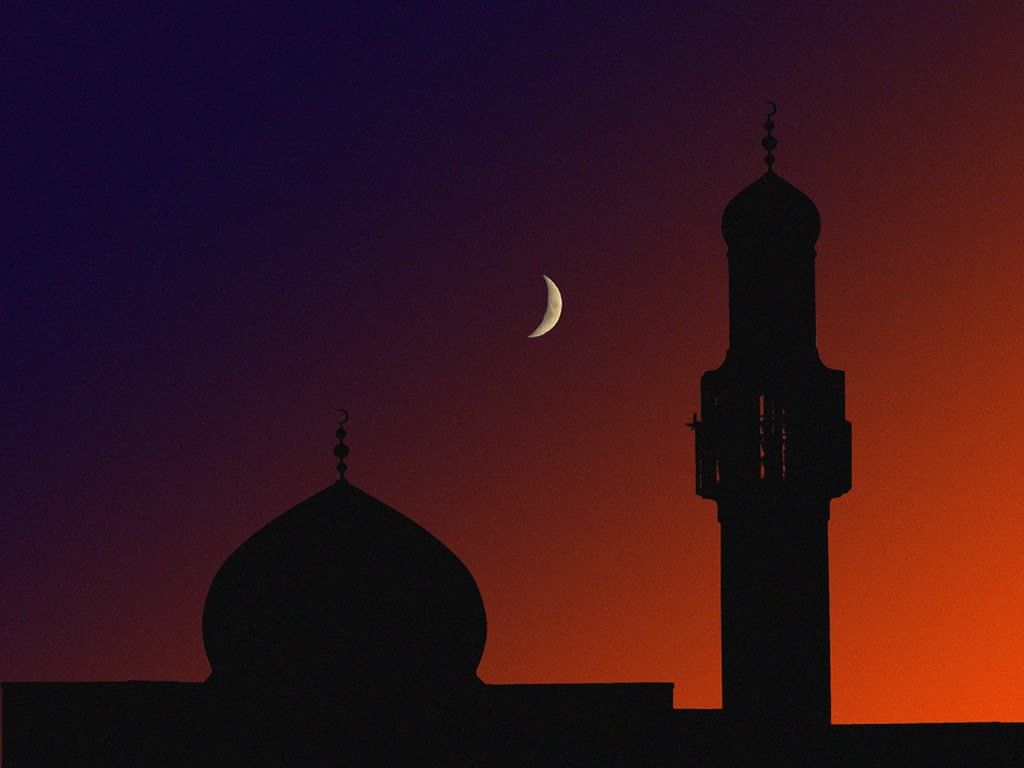Meaning
Alhaji is an honorific title bestowed upon Muslim men who have performed the Hajj pilgrimage to Mecca.
Originating from the Arabic word “al-hajji,” meaning “the pilgrim,” it signifies a significant accomplishment in Islamic faith and tradition.
The title carries immense cultural and social weight within Muslim communities, signifying piety, devotion, and spiritual fulfillment.
Historically, the use of “Alhaji” has been prevalent throughout the Islamic world, particularly in West Africa, where it became deeply ingrained in societal norms.
In many countries like Nigeria, Ghana, and Sierra Leone, “Alhaji” is a widely recognized title that precedes a Muslim man’s name, denoting his esteemed status within the community.
Its usage varies across regions and cultures, but its core meaning of recognizing a pilgrim’s spiritual journey remains constant.
For many Muslims, achieving the status of “Alhaji” is a life-long aspiration, symbolizing a milestone in their religious and personal development.
Alhaji is a title used primarily among Muslim communities, particularly in West Africa and parts of South Asia. Its meaning is deeply rooted in Islamic tradition and signifies respect for elders, scholarship, and religious piety.
The etymology of “Alhaji” is linked to the Arabic word “al-Ḥajj,” which means “the pilgrimage.” In Islam, Hajj refers to the annual pilgrimage to Mecca, a mandatory ritual for all Muslims who are physically and financially able.
Therefore, “Alhaji” typically designates a Muslim who has successfully completed the Hajj. It is a title earned through spiritual accomplishment, signifying an individual’s deep devotion to their faith.
The usage of “Alhaji” as a title evolved over centuries in Islamic history. Its widespread adoption can be traced back to the rise of Sufi brotherhoods and scholarly centers across North Africa and the Middle East.
These centers played a crucial role in promoting Islamic scholarship and spiritual practice, and “Alhaji,” by acknowledging the pilgrimage as a significant milestone in a Muslim’s life, became associated with religious knowledge and piety.
In many regions, including Nigeria, Ghana, and Senegal, “Alhaji” has become a widely used honorific for older men. It is often bestowed upon respected community leaders, scholars, or individuals who have contributed significantly to their communities.
Over time, the association with Hajj has somewhat faded in certain areas, but the title still carries significant weight and respect within Muslim communities.
Origin
The name “Alhaji” holds significant cultural and historical weight, with deep roots in Arabic linguistic traditions.
Its origins trace back to the Arabic word “al-ḥāji,” which literally translates to “the pilgrim.”
This designation is bestowed upon a Muslim who has successfully completed the Hajj, the pilgrimage to Mecca, one of the five pillars of Islam.
The term carries profound religious significance, signifying spiritual fulfillment and closeness to God.
The addition of “Al-” to the beginning of “ḥāji” signifies the definite article, making it equivalent to “the pilgrim” in English.
Thus, “Alhaji” denotes a person who has undertaken this sacred journey, marking them as someone who has achieved a significant spiritual milestone within the Islamic faith.
The name’s widespread use across various Muslim communities in Africa, the Middle East, and Asia further underscores its historical and cultural importance.
It serves as a testament to the universal appeal of Islam and the shared religious experiences that bind Muslims together worldwide.
“Alhaji” is a title of respect bestowed upon Muslim men within **West Africa**, primarily used in *Nigeria*, *Ghana*, and *Sierra Leone*.
Its meaning and usage are deeply rooted in Islamic tradition. The word “Alhaji” is derived from the Arabic term “**al-hajji**,” which literally means “one who has performed the Hajj.”
The **Hajj**, one of the Five Pillars of Islam, is a pilgrimage to Mecca, Saudi Arabia, that every able-bodied Muslim is expected to undertake at least once in their lifetime.
Therefore, being an “Alhaji” signifies that an individual has successfully completed this sacred journey.
It’s a mark of religious devotion and fulfillment within the Islamic faith.
The title “Alhaji” is not hereditary and is earned through personal accomplishment rather than lineage.
Its bestowal is an honor and a symbol of spiritual maturity.
Beyond its religious significance, “Alhaji” also carries cultural weight in West African societies.
It often implies social standing, wisdom, and experience within the community.
People may address those holding the title with respect and deference, reflecting its elevated position within local customs.
The spread of “Alhaji” across Africa is intricately linked to the spread of *Islam* itself.
As Islam gained prominence in West Africa through trade and missionary activity, the practice of bestowing the title upon those who completed the Hajj also grew.
Today, “Alhaji” remains a significant part of cultural identity for many Muslims in West Africa, serving as a reminder of their faith and commitment to pilgrimage.
History
The title “Alhaji” holds significant historical and cultural weight in West Africa, particularly within Muslim communities. Its roots can be traced back to the Arabic term “al-ḥājj,” meaning “the one who has performed the pilgrimage to Mecca.”
This pilgrimage, known as Hajj, is one of the five pillars of Islam and a fundamental religious obligation for able-bodied Muslims. Upon successfully completing this sacred journey, Muslims are bestowed with the title “Alhaji” in recognition of their devotion and accomplishment.
The adoption of the title “Alhaji” in West Africa is intricately linked to the spread of Islam across the region during the medieval period. Islamic scholars and traders played a crucial role in introducing the faith to various communities, establishing mosques, and disseminating Islamic knowledge.
As Islam gained prominence, so did the practice of pilgrimage to Mecca. Many West Africans embarked on this arduous journey, returning with the title “Alhaji,” which served as a symbol of their religious piety and social standing.
Over time, the title “Alhaji” transcended its literal meaning of “the one who has performed Hajj.” It became a mark of respect and honor bestowed upon esteemed Muslim individuals, often associated with leadership, scholarship, or community service.
Today, “Alhaji” remains a widely used honorific in West Africa, particularly in countries such as Senegal, Nigeria, Ghana, and Mali. Its usage reflects the enduring legacy of Islam and its profound impact on the social fabric of the region.
Alhaji is a title of respect used primarily in West African countries with strong Muslim communities, such as Nigeria, Ghana, Senegal, and Sierra Leone.
It’s derived from the Arabic word “al-ḥājj,” which refers to someone who has completed the Hajj, the annual pilgrimage to Mecca that is one of the five pillars of Islam.
Therefore, using the title “Alhaji” signifies that the individual has undertaken this sacred journey and demonstrated their devotion to their faith.
The title is typically bestowed upon men who have successfully completed the Hajj and is considered a mark of honor and respect within Muslim communities.
It’s important to note that “Alhaji” is not a surname but rather a title of distinction, similar to “Sir” or “Doctor” in Western cultures.
Here are some additional details about the history and usage of the title:
- Origin: Arabic
- Meaning: “He who has performed the Hajj”
- Usage: Primarily in West Africa, among Muslims
- Status: Title of respect, not a surname
Over time, the usage of “Alhaji” has evolved.
In some areas, it may also be used as a respectful address for older men, regardless of their Hajj status.
While its primary meaning remains tied to the pilgrimage, the title has become a symbol of seniority and standing within certain communities.
Alhaji is a title of respect used primarily in West Africa and among Muslim communities around the world. It’s an honorific bestowed upon a man who has completed the Hajj pilgrimage to Mecca, one of the five pillars of Islam.
The origins of the word “Alhaji” can be traced back to Arabic. It’s derived from the word “al-ḥājj,” which means “the pilgrim.”
Here’s a breakdown of its historical and cultural significance:
- Historical Roots: The Hajj pilgrimage has been a central practice in Islam since the Prophet Muhammad led the first pilgrimage in 632 AD. Completing the Hajj is considered a deeply spiritual act and a demonstration of devotion to Allah.
- Evolution of the Title: In various Muslim communities, “Alhaji” became associated with the distinction of having completed the Hajj. It was initially used as a way to identify and honor those who had undertaken this significant journey.
- Regional Variations: The usage and pronunciation of “Alhaji” vary across different regions. In some countries, it’s common to address someone who has completed the Hajj as “Alhaji,” while in others, it might be spelled “Alhaji” or pronounced differently.
- Cultural Significance:
- Social Status: In many societies, holding the title of “Alhaji” can elevate an individual’s social status and influence. It signifies a commitment to religious practices and is often associated with respect and authority.
- Generational Transmission: The title is often passed down through generations within families, serving as a reminder of ancestral heritage and the importance of pilgrimage.
- Modern Usage: While still widely used in West Africa and Muslim communities globally, the title “Alhaji” has also gained recognition in other parts of the world.
Let me know if you have any other requests.
- 30 Best B2B Leads Database Providers to Try in 2025 - April 26, 2025
- Best Clay Alternatives for 2025 - April 26, 2025
- Best Lusha Alternatives for 2025 - April 26, 2025


